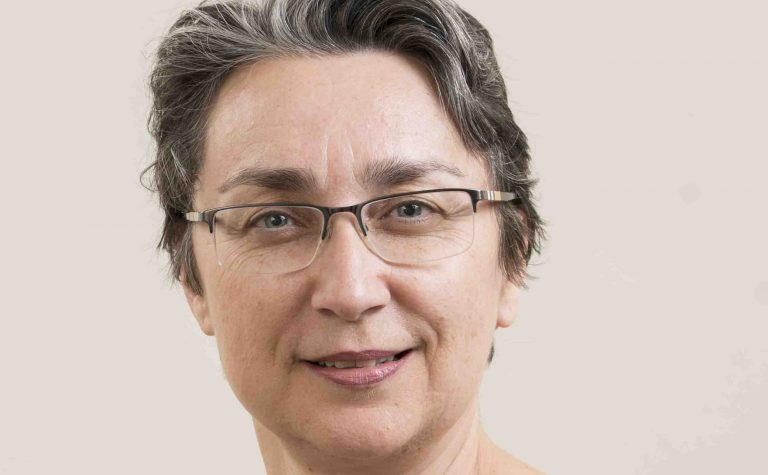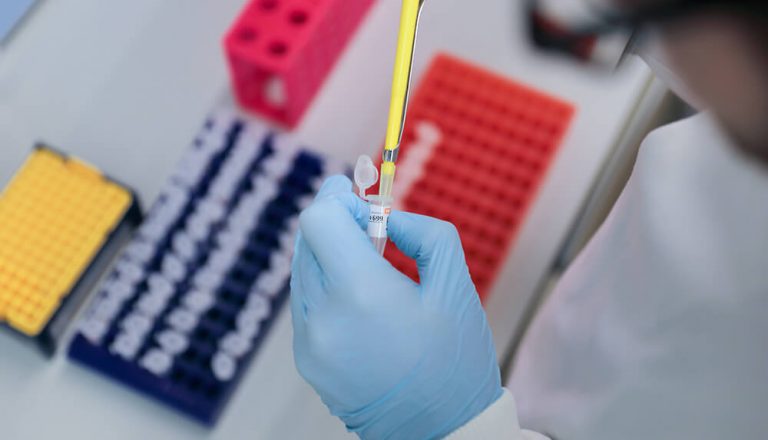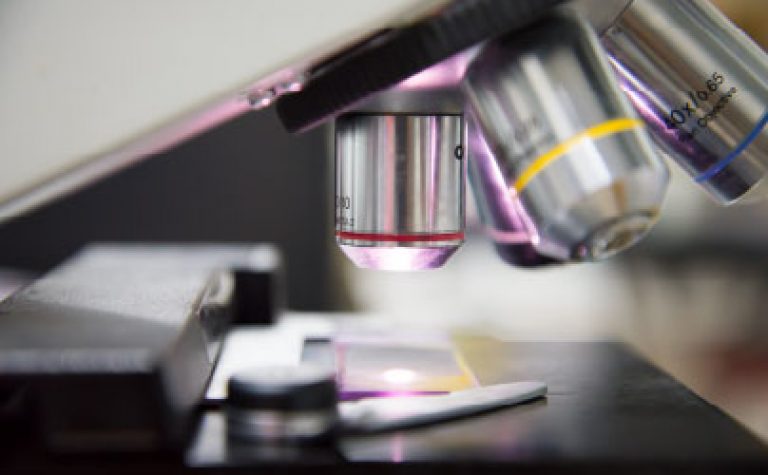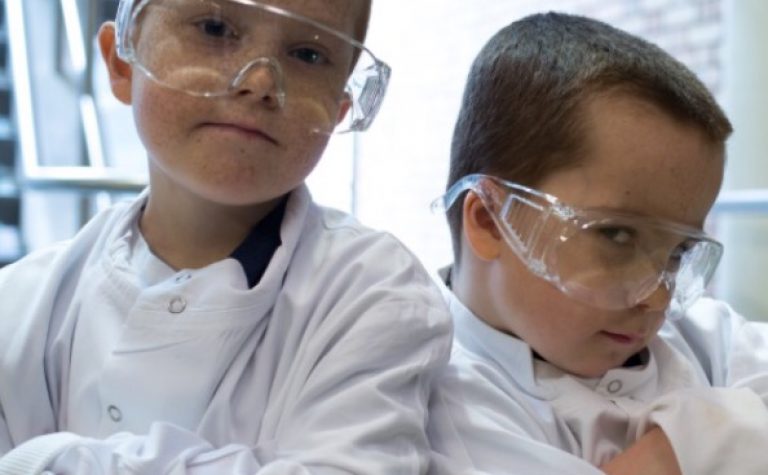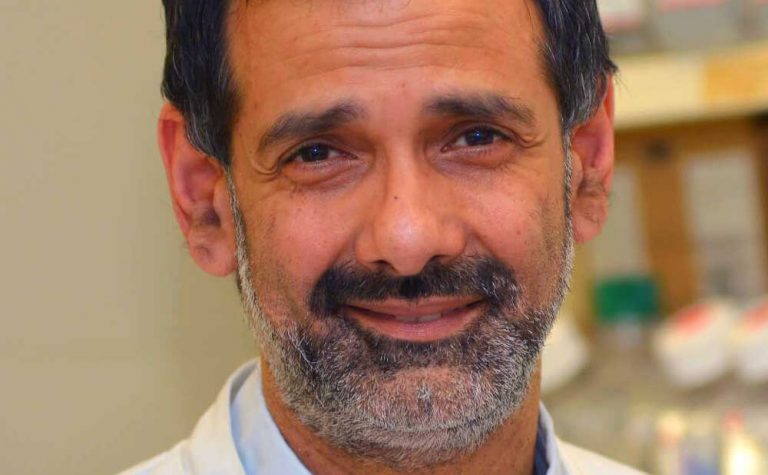About the research team
Professor Metayer is the Director of the Centre for Integrative Research on Childhood Leukaemia and the Environment (CIRCLE) at the University of California Berkeley, School of Public Health in the USA and the outgoing Chair of the Childhood Leukaemia International Consortium (CLIC). She has successfully conducted childhood leukaemia research for the past 17 years and will oversee all aspects of the proposed research.
In this project Professor Metayer will work closely with Dr Lauren Petrick, an Assistant Professor at the Icahn School of Medicine at Mount Sinai (USA) and co-investigator in CIRCLE. As an analytical chemist and exposure biologist, Dr Petrick pioneered the use of using dried blood samples taken at birth in the CIRCLE project to investigate biomarkers for the environmental risk factors of childhood leukaemia.
This project will also involve Dr Joseph Wiemels, a molecular epidemiologist at the University of Southern California and also and co-investigator in CIRCLE. Dr Wiemels has spent his entire career on childhood cancer research. In this project Dr Wiemels will oversee the integration of epigenetic and genetic data, with the support of a biostatistician.
